You’re Invited: Banff Pastors & Spouses Conference 2025

Theme: Faith in Motion: Steadfast Discipleship in a Shifting World
📅 Dates: November 10–13, 2025
📍 Location: Fairmont Banff Springs Hotel, Banff, AB
Registration is now open!
Since 1976, the CBWC has been incredibly blessed by the generosity of the Fairmont Banff Springs, which has provided deeply discounted rates so that pastors and their spouses can gather in one of Canada’s most breathtaking settings. Year after year, they have come from across Western Canada to experience renewal, community, encouragement, and rest.
At this year’s conference, we will reflect on what it means to lead with steadfastness in a world marked by rapid cultural, social, and political shifts. As pastoral leaders, the call is not only to guide and teach, but to inspire the Church to respond faithfully and creatively to the challenges and opportunities of our times.
When the world feels uncertain, it is natural to feel weary or to retreat. But God’s Word reminds us that His faithfulness and love remains firm—unchanged by shifting culture or circumstance. The Banff Pastors and Spouses Conference offers space to rest in that truth, to be spiritually refreshed, and to reconnect with fellow leaders who understand the weight and beauty of ministry.
We hope you can join us as we explore and learn together with Rev. Dr. Lennett Anderson and Rev. Renee MacVicar.
If your pastor or their spouse has never attended the Banff Pastors and Spouses Conference—this is the year to send them!
NOTE: A 2024 poll of pastors and chaplains indicated that meeting in Banff remains a priority, though not necessarily at the Banff Springs Hotel, and not necessarily on an annual basis. In response to this feedback, Banff 2026 will be held at the Banff Park Lodge. Additionally, we will be shifting to a biennial (every other year) gathering schedule, alternating with the in-person Assembly. This approach supports both financial stewardship and deeper engagement with local ministerials. 2026: Banff, Online Assembly; 2027: Assembly, Regional Gatherings; 2028: Banff, Online Assembly
Resources for Feeding Hope This Summer
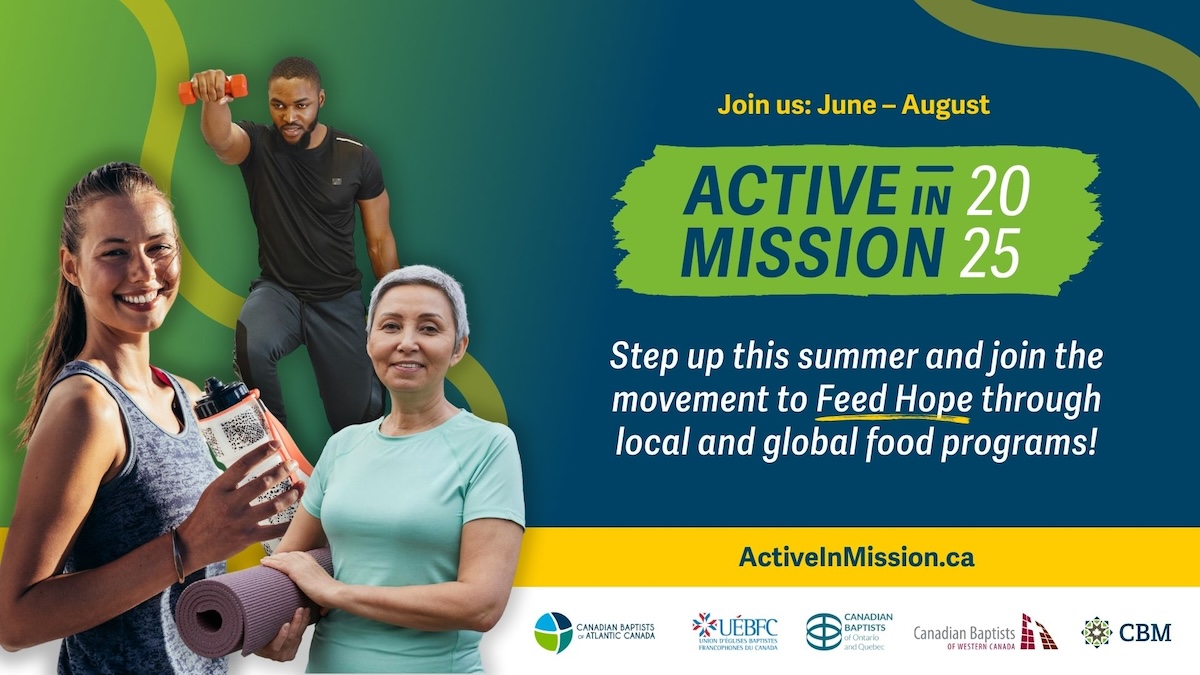
We at CBWC have been participating in Active in Mission for several years because food security—or lack of it—can impact all of us.
With Active in Mission, individuals and teams can choose an activity to raise funds for food security initiatives. Our national goal is to raise $100,000—half of which will be distributed to churches in Canadian Baptist denominations who are working to alleviate hunger locally. The other 50% will support food programming internationally, helping communities become more resilient with conservation agriculture and food-related, income-generating initiatives.
Hunger in our world is a huge issue that can feel overwhelming, so we’ve put together some simple ways to start thinking and acting in ways that support food security—starting in our own hearts!
– Gratitude and Prayer. Jesus instructed His followers to pray, “Give us today our daily bread.” At Assembly this past May, Dr. Carmen Imes reminded us of this call to rely on God and to support one another when we need provision. This neat resource is a collection of table graces from around the world that can help us turn our eyes up to our Heavenly Father and consider His generosity to us.
– Learning. Check out this video from Canadian Foodgrains Bank on Food Security.
– Youth Engagement: CBM has created the Feeding Hope Challenge: a 2-hour, guided youth event to help the 12-18 year olds in your community learn about food security, fundraisers, participate in active challenges, and get to know the work of CBM around the world. Download the guide here.
– Activity. It’s not too late to register your church, gather your team and get active to raise money. Get creative or keep it simple: West End Baptist Church in Nova Scotia is hosting a mackerel fishing event, Joe Bridi from CBM is cycling to work for 2 months, and NewGate Baptist in Calgary has mobilized their Run/Walk Club to raise funds. Here’s a 90-second instruction video on getting signed up.
– Financial Support. Together, we’ve raised $445, but we’re not yet at our goal. Help us get there by donating at activeinmission.ca. Scroll down to the “Fundraisers” listing to find churches and individuals—as well as a team of CBWC Staff—to support.
Thank you for Feeding Hope with us!
Humans of the CBWC: Heather Leung
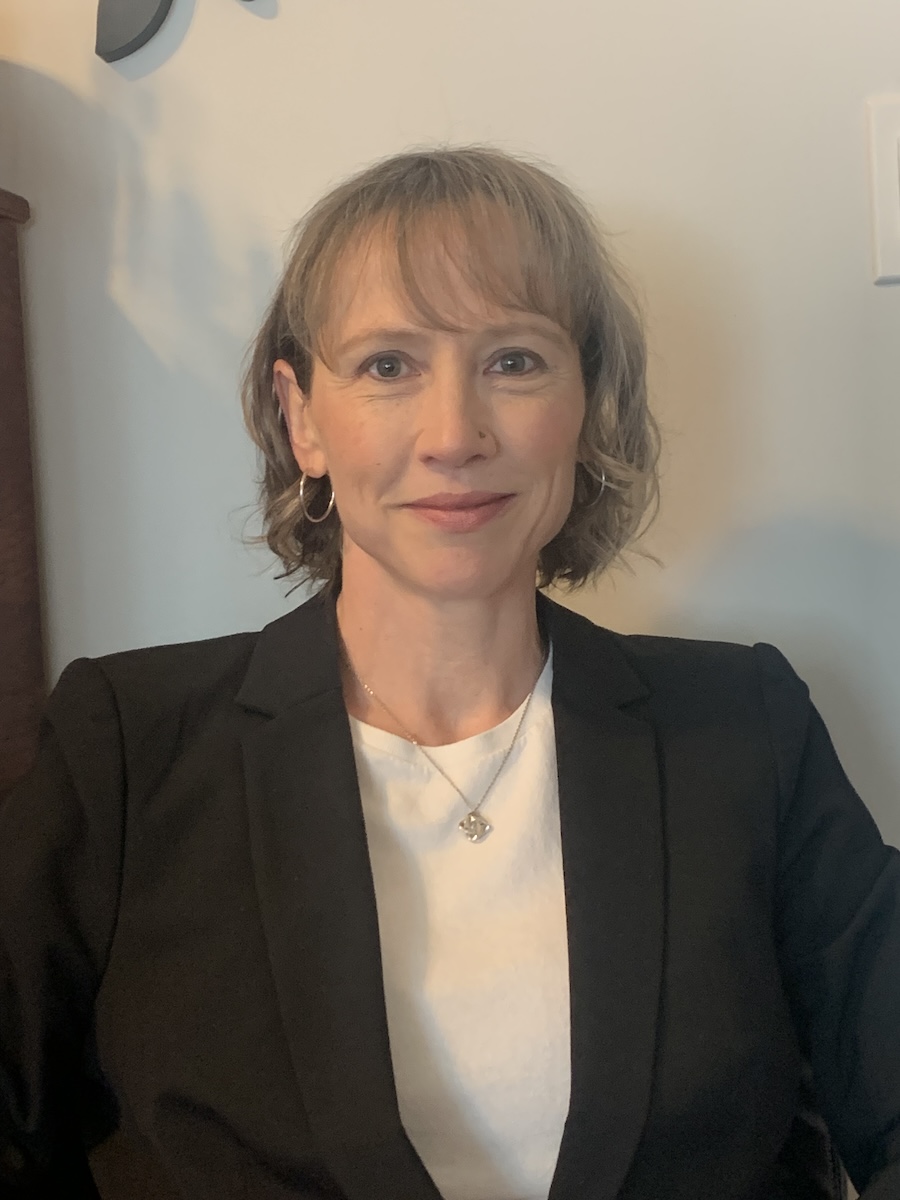
Heather Leung is an RN working in an Outpatient Diabetic Nephropathy
Prevention Clinic, which is a fancy way of saying that she works with people who have diabetes with hypertension and/or chronic kidney disease. In short, her clinic consists of herself and a Registered Dietitian who meet with clients to help ensure their medications are working for them and whether any diet or lifestyle choices would be helpful to improve their diabetes or help slow the progression of loss of kidney function.
Heather sat on a panel at our recent CBWC Assembly, and here are her answers to some very good questions:
At the Big-Picture level, how do you see your work as contributing to the Kingdom of God? Do you see your work as a God-given calling?
“Naturally, healthcare is seen as the healing hands of God; serving others to provide comfort, especially when they are at their most vulnerable. On the frontlines, we exemplify Jesus by showing dignity & respect to the person we are attending to. I also see healthcare as the revelation of God through us, His created beings. When you think of the delicate intricacies of all that has to work in harmony in order for our bodies to function, it’s amazing! In my clinic, we spend a lot of time teaching people how not to conform to the ways of this world. People with chronic conditions do have to be quite cognizant of their dietary choices in order to maintain good health. Scripture tells us that though everything is permissible, not everything is beneficial. As each of us is uniquely and wonderfully made, some who are susceptible to the ill effects of certain substances or behaviours need to learn, then, what permissible things are not beneficial to them.
“God-given calling? I’m not sure if it was God’s calling, or more so His mercy towards me. I would say that I struggled with my work for many years, not feeling very purposeful or fulfilled with it. Maybe this is due to me coming into my faith later in my life, I don’t know— but God has certainly been transforming me over the years and brought me to this particular clinic using this particular skill set. It has led to me appreciating the work I do in helping people to achieve a good quality of life while also improving or maintaining their health. I feel that my spiritual gifts include helping and encouraging, and I certainly do both of these with my clients.”
We live in a fallen world and that fallenness infects everything, including our places of work. What parts of our fallen world seem to uniquely show up in your line of work?
“Well, we all know how broken our healthcare system is, but what I will say is that greed can really show its face in healthcare. Like when treatments are developed to help but then twisted to cater to the vain of this world. For example, many people have likely heard of Ozempic—it’s been in the news and advertised more and more recently. First developed to help those with diabetes manage their glucose levels, it was then marketed for weight loss when it was observed how effective it was in this sense. But then celebrities started buying it all up and caused a major supply shortage for those who needed it for their diabetes care.
“Greed is evident in the fact that my work is evaluated on quantity and not quality. So for instance, I could spend a 2-hour appointment with a client and really explain to them their disease process and the effects of their diet and lifestyle on preventing further progression of kidney disease, explain their medications to them, what they are and how they are of benefit to them. I can empower them to make changes and alleviate their fears, yet that time spent with the client is seen as the equivalent of a 5-minute phone call where I might follow up with someone to say that their lab results are good and to keep taking the medications they are prescribed.
“I also see it in terms of the expectations from some people that they should get things for free or something should occur within their preferred timeline. I don’t say this to criticize everyone, but I do get frustrated with the amount of people I do see abusing our healthcare system.”
What are some everyday, practical things you do in your job to consciously demonstrate Jesus? Or to demonstrate the kingdom of God to fellow co-workers or clients?
“Firstly, I would say that during my morning commute, my prayer focus is asking to be a good steward of God’s love to those I’ll encounter for the day. I know that my clients feel the genuine concern that I have for their welfare because they’ve expressed as much to me. There are times when I’ve gone above and beyond for some of my clients; mailing out certain forms for them or even dropping off glucometer strips at one’s home. There are also the little things that I do, like asking permission to take their blood pressure, or have them step on the scale to get their weight. If I am physically touching them as part of my assessment, then I’m explaining what I’m doing and why. I set my computer aside, make eye contact, and actually have a conversation with the person in front of me—rather than sitting with my face in my computer and going through my assessment questions, just ticking off the boxes in their electronic record.
“In terms of my co-workers, I will say that I am blessed that some of the people we share office space with do identify as believers, and so talking about God is commonplace and hasn’t been criticized by those who do not consider themselves to be believers. Through comments from my co-workers, I know that the peace & confidence I feel because of God allows me to remain calm in times of stress and be flexible with sudden changes. It’s been commented on numerous occasions that the laughter I bring to our workspace and the kindness that I extend towards each of them is noted and appreciated.”
Between January and August this year, we are journeying through these reflections on the Lord’s Prayer, used with permission, by Carolyn Arends.
The Lord’s Prayer was the theme of our Assembly this May.
If you missed the first editions, you can find them in past issues of Making Connections: cbwc.ca/newsletters
The Universe in 57 Words–Part FIVE

PETITION FIVE
‘Forgive us our debts, as we forgive our debtors’.
If you’re praying the Lord’s Prayer with a group of people, the fifth petition is where the recitation can get a little messy. Are we asking God to forgive our “sins,” our “trespasses,” or our “debts”?
Each of these words gets at a different nuance of the same problem. I grew up with the “trespass” translation, and it’s helped me think about the ways I violate God’s loving rule. But lately I’m leaning into the language of “debt,” because it hints at how entirely in hock I am to the extravagant and unmerited goodness of God. Trevor Hudson likes to pray, Lord, I thank you that I am waking up to a day I have not made, to enjoy a salvation I have not earned.
Greek scholars tell us that the words translated as “forgive” and “debts” in Matthew 6 are financial in nature; the petition is really a request to “clear the ledger.” Imagine walking into a bank where you owed an enormous loan and requesting that your debt be erased. The fifth petition Jesus teaches us might be the boldest one yet!
NO ONE IS RIGHTEOUS
The fourth petition required us to recognize the fact that we don’t have what it takes to live a full life. Now, the fifth petition acknowledges the reality that we don’t have what it takes to live a righteous life.
Old Testament scholar Bruce Waltke suggests that it is helpful to think of “righteousness” as right relationship in four directions— with God, with each other, with ourselves, and with creation. All the wreckage in the world—and in our own lives—comes down to failures in loving in one or more of those relationships.
Just like regular Eucharist can help make us aware of our dependence on Jesus for all we need to live a full life, a regular practice of confession can help wake us up to our dependence on Jesus for all we need to live a righteous life.
And so Jesus bakes a frank confession into the first half of the fifth position. “Forgive us our debts,” we pray, confessing them and accessing their only remedy with one simple phrase. We are beggars at the bank requesting that our ledger be wiped clean, praying with shocking boldness because Jesus said we should.
A CONTINGENT PETITION?
But what do we make of the second half of the fifth petition: “For give us our debts . . as we forgive our debtors”? This is the only part of the Lord’s Prayer that seems to be in some way contingent upon us. And it’s the only petition that Jesus amplifies after instructing his followers how to pray. “For if you forgive others their trespasses, your heavenly Father will also forgive you,” he declares, “but if you do not forgive others, neither will your Father forgive your trespasses” (Matthew 6:14–15).
As I’ve wrestled with this part of the Lord’s Prayer, two things have come into focus.
A Warning against “The Secular Loop”
First, I think Jesus is cautioning us not to place ourselves in what theologian John Stackhouse calls “the secular loop.” Consider the passages earlier in Matthew 6, where Jesus warns against giving to charity or praying purely for show. In both cases, folks who have removed God from the equation and are seeking human approval have already “received their reward” (Matthew 6:2). In other words, if we want to operate solely on the human level and leave God out of it, he’ll let us—at least for a while.
When we refuse to forgive, Stackhouse argues, we appoint ourselves ruler and judge, supplanting God and once again choosing to operate on a purely human level. That may be one reason why our own unforgiveness prevents us from receiving the forgiveness we ourselves so desperately need—we’ve cut the God who forgives out of the equation.
This applies, by the way, even to withholding forgiveness from ourselves. “I’ll never forgive myself” is an atheistic statement, because it appoints the self as ruler and judge.
A Concern for Relational Wholeness
Ruth Graham, wife of evangelist Billy Graham, was asked, “What is the secret to a lasting marriage?” Given the idealistic light in which we saw her husband, her answer surprised me.
“Forgiveness.”
Jesus knows we have no shot at staying in relationship with one another without the power of forgiveness. He also knows unforgiveness hurts us more than the perpetrator. As Marianne William son famously put it, “Unforgiveness is like drinking poison yourself and waiting for the other person to die.”
So it makes sense that Jesus, the Lover of our Souls, would include a deep concern for relational wholeness—with God, with each other, and with ourselves—into this petition.
BUT WHAT IF I CAN’T FORGIVE?
Maybe you’ve been treated so wrongly and been wounded so deeply that the idea of forgiving the perpetrator seems obscene. What should we do when forgiveness seems impossible?
Many people have experienced horrific harm and lasting trauma. Jesus knows this. He sees what happens and does not take it lightly. He knows it takes time to access painful memories and work through anger. Even after taking these steps we may still have ill will in our heart for the perpetrator. The inner sense of having truly forgiven someone can’t be forced—it’s a gift from God. Our part, after doing what we can to grieve the offense, is to take a step of faith to say, “I’m willing. I’m willing to be willing. I choose to release the person as best as I am able.”
God will do something beautiful with whatever opening we give him. Forgiveness doesn’t mean we place ourselves in harm’s way or remain in toxic relationships. Rather, forgiveness is a journey toward abdicating the judgment seat and being released from the bondage of resentment.
Arriving at the ability to forgive someone is a process—sometimes a slow and painful one. But where I used to think it was something God demanded of us, I see now that it is something he longs to give us. So we pray the first half of the fifth petition, recognizing our deep need for right relationship. And then we pray the second half, giving God permission to cultivate forgiveness inside of us, however long it takes. As with all the other petitions, we’re asking God to do the good and beautiful things that only he can do.
Suggested song: “Willing” renovare.org/universesongs
LIVING INSIDE THE FIFTH PETITION
Consider praying through this liturgy for confession:
Most merciful God, we confess that we have sinned against you in thought, word, and deed, by what we have done, and by what we have left undone. We have not loved you with our whole heart; we have not loved our neighbors as ourselves. We are truly sorry and we humbly repent. For the sake of your Son Jesus Christ, have mercy on us and forgive us; that we may delight in your will, and walk in your ways, to the glory of your Name. Amen.
Then read Psalm 103:10–12 as assurance of forgiveness:
[The Lord] does not deal with us according to our sins, nor repay us according to our iniquities. For as the heavens are high above the earth, so great is his steadfast love toward those who fear him; as far as the east is from the west, so far he removes our transgressions from us.
To download the full resource: https://renovare.org/books/the-universe-in-57-words
Excerpts used with permission from a book entitled
the universe
in 57 words
SEVEN DAYS INSIDE THE LORD’S PRAYER
By Carolyn Arends
This resource has been influenced by more authors, preachers, teachers, and fellow pray-ers than I can credit or even remember. But I am particularly indebted to the following works: Fifty-Seven Words That Change the World, by Darrell Johnson; The Lord and His Prayer, by N. T. Wright; The Divine Conspiracy, by Dallas Willard; Prayer, by Richard Foster; and Eugene Peterson’s “Jesus and Prayer” lectures for SPIR 604 at Regent College.
Summer Hospitality
By Hannah Hamm
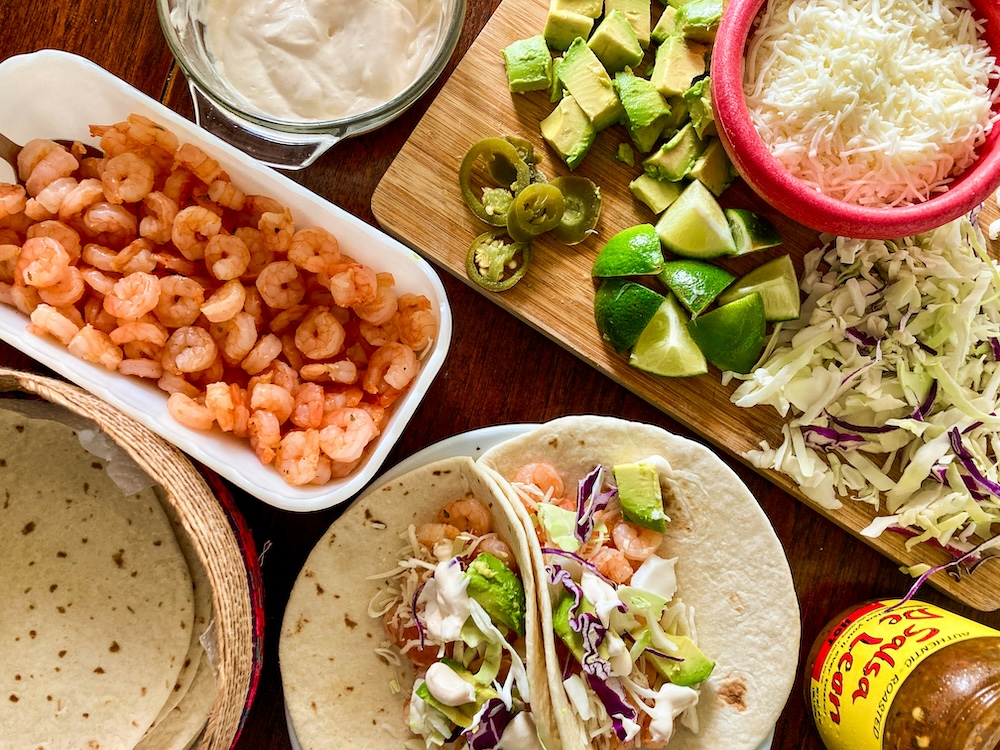
During the long, hot days of a Canadian summer, many of us have the opportunity to consider opening up space for others, literally or emotionally. Perhaps we are inspired to invite some friends or neighbours over for a simple BBQ; Invite the church family for a picnic on the lawn or at the beach; Maybe plan to share a cold drink together after a long, hard day working the land; Provide a simple meal for a local firefighter and their family, or a co-worker.
However you are inspired to gather, take heart in knowing that your Creator modelled hospitality from the beginning and smiles when we follow His example.
Food and drink, when shared, carry with them a certain positive power for connection. Jesus knew this, and we can all agree He participated in some beautiful culinary interactions. From the wedding feast to the fish fry on the beach, and everything in between, Jesus brought depth and meaning to the word ‘hospitality’.
Before you decide that I’ve set the bar too high by citing Christ as an example, remember that no one, especially not God, expects perfection or even a certain level of talent. Offer what you can, knowing that whatever is offered with generousity of heart is blessed.
A quote from Shauna Niequist to inspire you:
‘Many of the most sacred moments in my life–the ones in which I feel God’s presence most profoundly, when I feel the goodness of the world most arrestingly–take place around the table. Something extraordinary happens when we slow down, open our homes, look into one another’s faces, and listen to one another’s stories around the table.’
Some good advice I’ve received over the years with regards to hosting:
- Leave some of the prep for your guests to join in on as they arrive. Including them makes them feel less guilty for being ‘pampered’.
- If conversation isn’t a particular gift of yours, consider having some question cards available to kick things off. ‘If you could travel to any time or place, where would you go?’ or ‘What are some food memories you have?’
- Though it’s true that common wisdom suggests one shouldn’t try out a new recipe for guests, I think that ignoring this one can model vulnerability and a willingness to fail. Kick that desire to get everything perfect to the curb….
Some great book recommendations in case you actually do have more time and space during summer and want to engage these ideas more:
Henri Nouwen’s book ‘Reaching Out’ traces the thread of hospitality through understanding God’s hospitality to us, our hospitality to ourselves, and then–and only then–hospitality to others. https://henrinouwen.org/read/reaching-out/
Shauna Niequist’s book ‘Bread and Wine’ is full of stories of hosting and feasting (including great recipes). https://www.goodreads.com/book/show/16182601-bread-and-wine
A personal recipe recommendation that I’ve found is always a crowd pleaser, and can be served hot or cold, is from the Pioneer Woman, Potato Basil Fritatta. (follow the link for recipe and instructions)
And two recommendations from our own Louanne Haugan:
Santa Fe Salad (jpg)
Dressing:
¼ cup olive oil
juice of 2 limes
1 tsp ground cumin
¼ tsp each salt & pepper
¼-½ tsp sugar
Salad Ingredients:
1 can (19 oz) black beans, rinsed and drained
1 red bell pepper, diced
½ cup red onion, diced
1 can kernel corn
1 medium jalapeño pepper, seeded and finely diced
½ cup chopped fresh cilantro
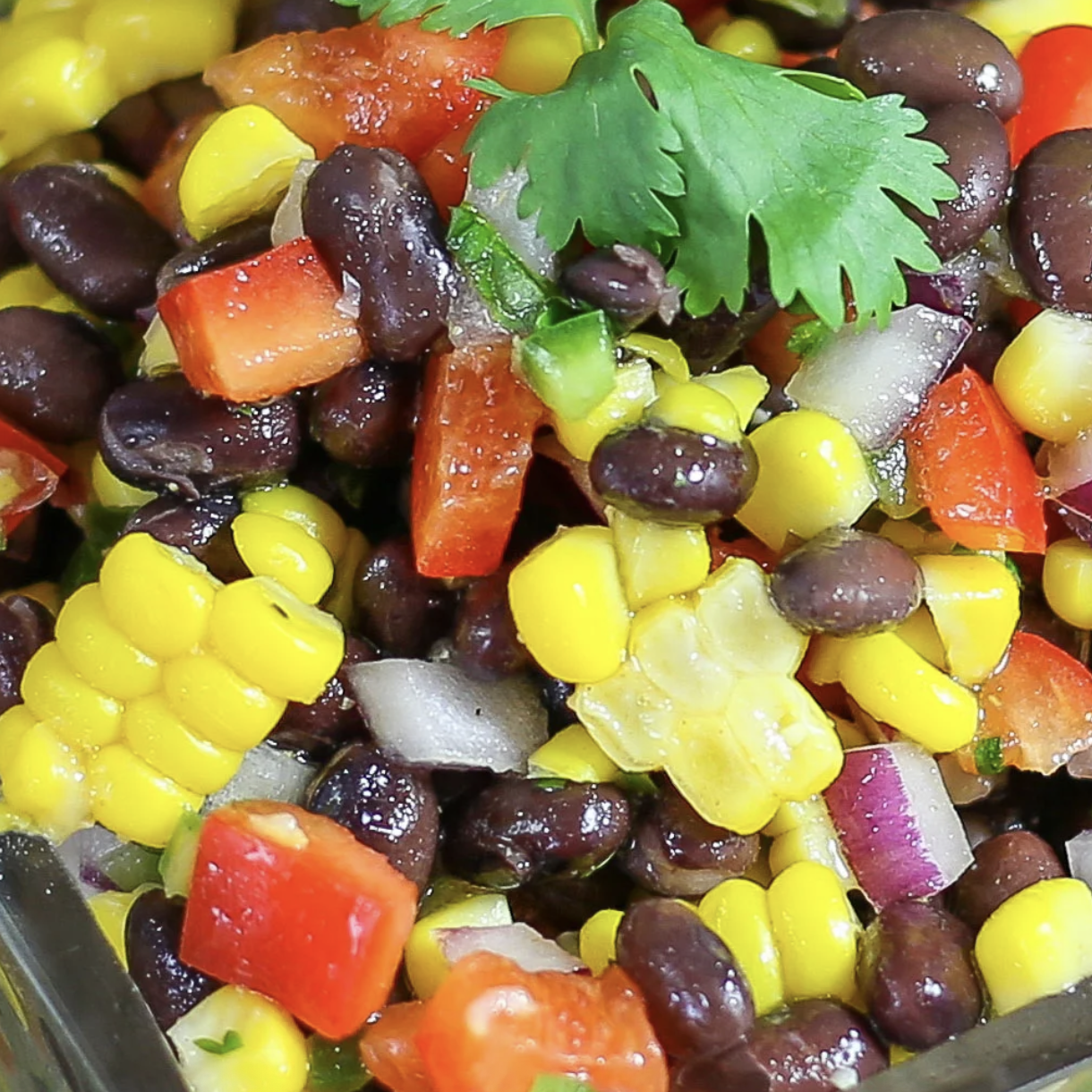
INSTRUCTIONS:
Prepare the dressing by putting all dressing ingredients in a small jar. Shake well. Give it a taste and adjust if needed.
Drain and rinse the black beans and place in a medium sized bowl. Stir in the diced red peppers, red onion, corn, jalapeño pepper and cilantro. Pour the dressing over the salad ingredients and toss to combine.
This is a great recipe to prepare in advance. I like to keep the dressing and salad ingredients refrigerated, tossing 15 minutes before serving. This is a bright, colourful salad that pairs well with barbecued chicken thighs (or any protein).
Chicken Thigh Marinade:
Marinade:
4 cloves garlic, minced
1 tbsp. olive oil
1 tbsp. honey
2 tbsp. low–sodium soy sauce
1 tbsp. Worcestershire sauce
1 tbsp. Dijon mustard
2 tsp ground cumin
½ tsp salt
¼ tsp cayenne pepper (optional)
juice and zest of 2 small limes (about 3 tbsp. juice and 1 tsp. zest)
2 lbs (900g) boneless, skinless chicken thighs
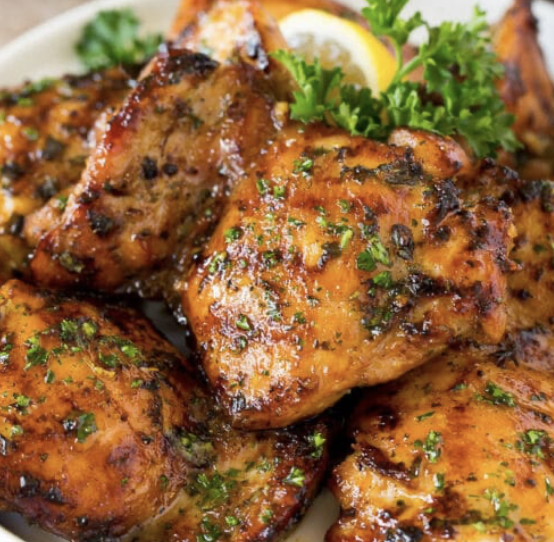
INSTRUCTIONS:
In a zip lock bag, combine marinade ingredients. Add the chicken thighs and toss with the marinade to coat. Marinate the chicken in the refrigerator for up to 12 hours (4-6 hours is ideal). Let the chicken sit at room temperature for 15 minutes prior to grilling. Grill chicken on medium high heat for 8-12 minutes, flipping halfway through, until chicken registers 160 degrees F. Transfer to a plate or cutting board, cover with foil, and let rest 5-10 minutes. Enjoy!
New Education Grants at CBWC Foundation!
The Foundation has recently established two NEW grants for people training in ministry. We are committed to supporting the core values of the CBWC, and “Cultivating Leaders” is in our sweet spot! We have long had grants for pastoral training, and these two new grants are designed to engage additional needs within the CBWC community.
Firstly, we introduce the Chaplaincy Grant to provide financial support to accredited CBWC chaplains for continuing education and professional development. Funding is available at $500 per course, up to an annual maximum of $2,000.
Secondly, we introduce the Undergraduate Ministry Training Grant, which provides financial support to students pursuing theological training at an undergraduate level. Funding is available up to $500 per credit, up to an annual maximum of $2,000, with a lifetime maximum of $6,000.
The Foundation has the privilege of making training grants available because of faithful stewards who made it a priority to “endow” legacy gifts to the Education Fund, namely a few key seed planters, namely George Segerstrom, Laura Kelly, Jack & Catherine Farr, Herb Grabowski and Lynn Symington. If you have a heart to grow CBWC ministry now or in the future, talk to us! We would be overjoyed to help you leave a legacy of ministry support.
For more information on receiving a grant or leaving a ministry legacy, please contact Christine Reid at creid@cbwcfoundation.ca or call (403) 930-7004.
Copyright © 2025 Canadian Baptists of Western Canada, All rights reserved.
Making Connections is the monthly newsletter of the CBWC.
